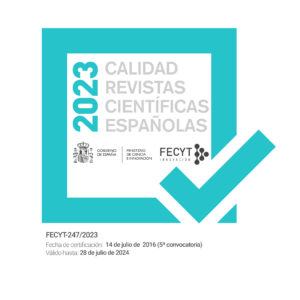"To Age is to Change": institutionalization of geriatrics and development of the concept of old age during Francoism
DOI:
https://doi.org/10.30827/dynamis.v39i2.9843Keywords:
Francoism, old age, geriatrics, elderly people, social historyAbstract
During the 20th century there were significant developments in the concept of old age including the emergence of geriatrics. According to this new medical discipline, old age should not be understood as synonymous with disease but rather as another period of life to be faced. It also established that a multidisciplinary approach was required to adequately care for the specific needs of the elderly. Some physicians in Francoist Spain took on this new knowledge with enthusiasm and attempted its implementation very early on. However, this process was conditioned in a particular way by the Francoist system, which approved regulations aimed to protect the elderly but in practice solved none of the numerous problems of this collective. This led to a growing gap between the unhappy reality and the development of an understanding of old age and the rights of the elderly, contributing to the decay of the Francoist dictatorship.
Downloads
Downloads
Published
How to Cite
Issue
Section
License
Dynamis se encuentra adherida a una licencia Creative Commons Reconocimiento (by), la cual permite cualquier explotación de la obra, incluyendo una finalidad comercial, así como la creación de obras derivadas, la distribución de las cuales también está permitida sin ninguna restricción.

















